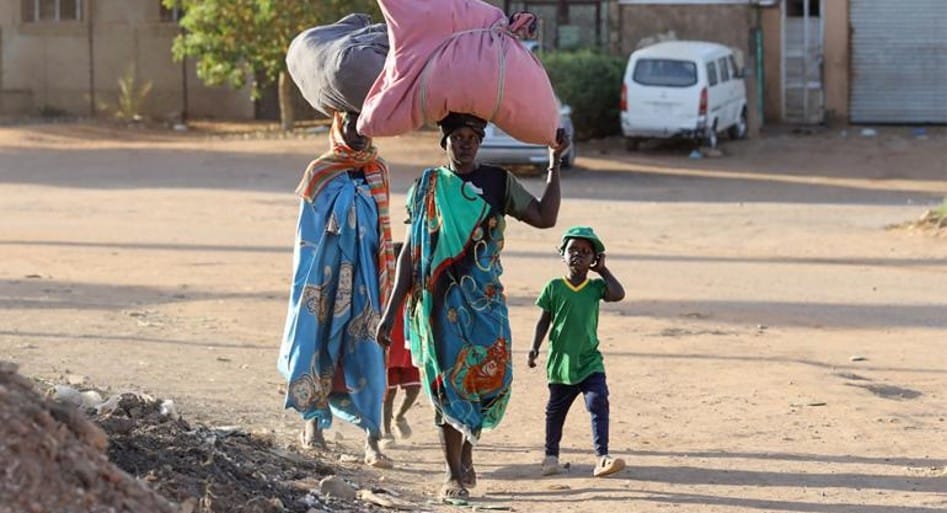The conflict has also triggered a surge in the spread of diseases such as malaria, cholera, typhoid, and a potential polio outbreak
The WHO warns that relentless fighting in Sudan since April has led to a catastrophic humanitarian crisis spilling into six countries across two WHO regions, with 24 million people in dire need of humanitarian aid, including 2.6 million internally displaced and an additional 757,000 forced to flee across borders for safety.
The numbers are growing daily.
The conflict has devastatingly impacted Sudan’s health system, with hospitals and clinics destroyed or damaged, medical supplies looted, and health workers killed or displaced. Consequently, access to essential healthcare is severely limited, putting many at risk of preventable diseases.
“A grave situation has arisen in Sudan, with over 67% of the country’s hospitals non-operational, and an increasing number of attacks on healthcare reported,” said a Joint statement by Dr Ahmed Al-Mandhari, WHO Regional Director for the Eastern Mediterranean, and Dr Matshidiso Moeti, WHO Regional Director for Africa.
“During the period between April 15, 2023, and July 24, 2023, WHO has verified 51 attacks, resulting in 10 deaths and 24 injuries. It is a tragedy and an outrage that amidst this deepening crisis, fighters continue to assault health facilities and workers, depriving innocent civilians of life-saving services at their most vulnerable,” he added.
The two regional directors said they were appalled by reports of sexual and gender-based violence against women and girls. “Those who are displaced are especially vulnerable,” they said. “Today, more than 4 million women and girls are at risk of sexual and gender-based violence, and they must be protected at all costs,” added Dr Ahmed Al-Mandhari and Dr Matshidiso Moeti.”
The WHO has warned that the war poses a major threat to the health of Sudan’s population. The conflict has also triggered an increase in the spread of diseases like malaria, cholera, typhoid, and a potential polio outbreak. The global health body emphasizes that the war in Sudan is “creating a perfect storm for the spread of disease.”
Appealing for peace, the top WHO officials expressed concern that “the current situation, without immediate prospects of peace, is only complicating access and delivery of humanitarian assistance, including emergency health supplies.”
“For the hundreds of thousands who have sought refuge across borders, life remains precarious. Access to health services varies widely, with many border areas where they have settled having remote and limited or weak health systems, including inadequate numbers of health workers,” Dr Ahmed Al-Mandhari and Dr Matshidiso Moeti said.
“Several receiving countries, including the Central African Republic, Chad, Ethiopia, and South Sudan, already host large numbers of people displaced by protracted conflicts and who face dire living conditions without essential services. Still, the need is great and growing,” they added.
Also Read: Political commitment to early childhood development has increased across the world: WHO


















Add Comment